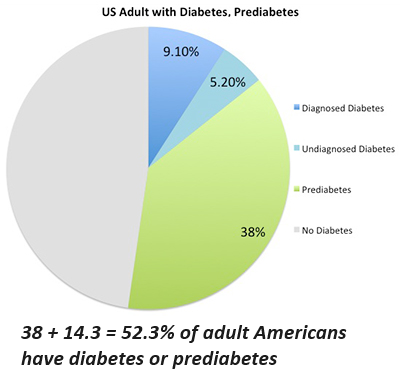The entire economic order is bankrupt–ideologically, politically and financially.
A friend sent me a clip of Tucker Carlson going off on the Boomer generation, and I get it. Tucker’s takedown was epic and entertaining (at least for me), but his disgust and rage were real. So let’s dig into the sources of those emotions.
If you watch the clip, it’s apparent that what really disgusts Tucker is the sanctimoniousness of the Boomers he references, the glibness of their virtue-signaling and claims to righteousness and significance. This extends to the financial level, where the sanctimony is expressed as a high-minded confidence that “we earned it,” overlooking the trillions of dollars handed to them on a Federal Reserve / bubble-economy / entitlements platter.
I think we all get that, but the problem isn’t the Boomers, it’s the entire economic order. The Boomers were just the hitchhiker who were lucky enough to be picked up by the big-finned Cadillac on the way into Vegas.
Even if everyone were absolute saints, they’d still own most of the wealth. Here’s why.
When Social Security was enacted in the 1930s, the retirement age was 65 and the average lifespan of Americans was 62. In other words, the program was intentionally designed to be self-funded (paid by a very modest tax on wages paid by both employer and employee) and act as a safety net for the fortunate few who lived long enough to collect it but who weren’t lucky enough to be wealthy.
As the economy boomed in the postwar era, the age of retirement (at a lower percentage of full benefits) was lowered to 62 as the average lifespan increased to 70 by 1965, when Medicare and Medicaid were enacted. At their inception, these programs were mere fractions of federal spending, and appeared to be “good things” that were affordable.
The Boomers weren’t born in the 1930s, and in 1965 they were kids. These entitlements were initiated in response to the grim reality that old age for the non-wealthy was generally a ticket to poverty.
Fast-forward to today, and the average lifespan is 80 (with millions of elderly living a decade longer) and 3/4 of adult Americans are at risk of lifestyle diseases / metabolic disorders due to an unhealthy diet and poor fitness. Over half of Americans are diabetic or prediabetic.

The entitlement programs to aid the elderly that were modest decades ago are now almost 50% of the entire federal budget, dwarfing all other spending. Entitlements aiding young families are so modest they aren’t even a blip compared to the soaring budgets of Social Security, Medicare and Medicaid. (Disability entitlements were added to Social Security, greatly expanding the program’s costs.)










